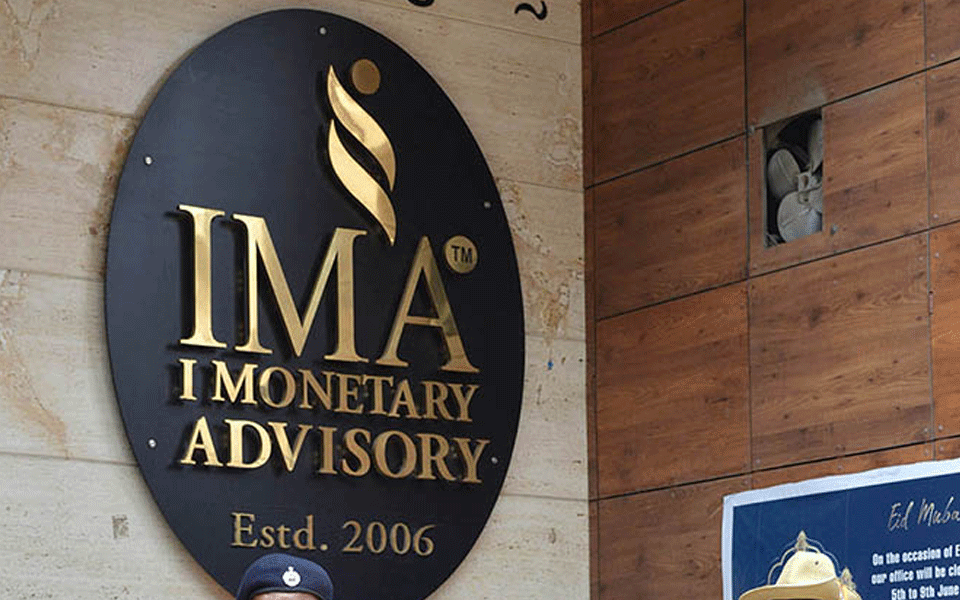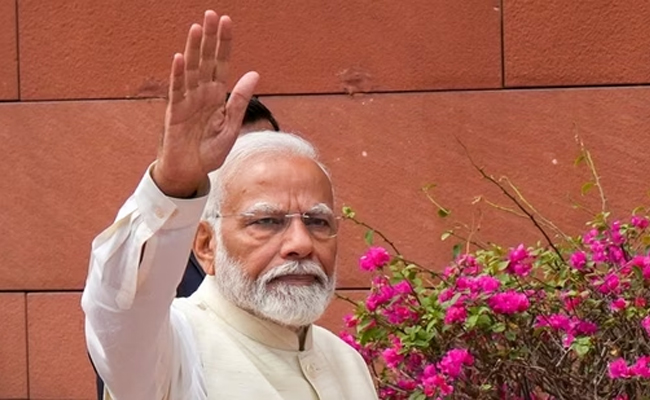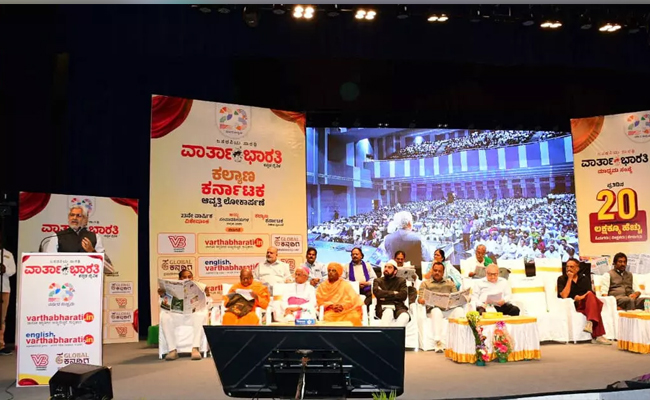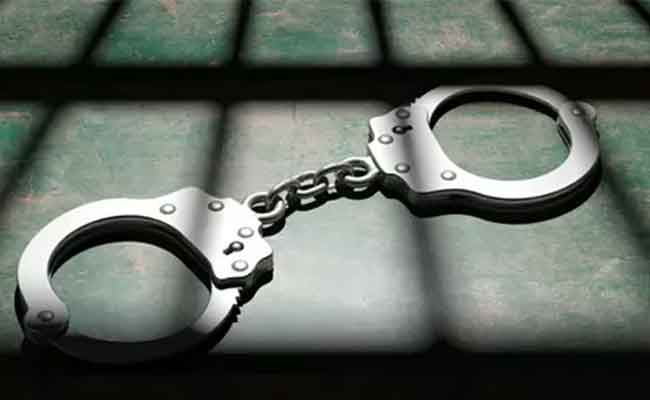Bengaluru, July 3: The SIT sleuths which continued their raids on various places related to IMA multi-crore scam, searched two more showrooms in the city and recovered medicine worth Rs 40 lakh including Rs 40,000 cash.
SIT teams led by DySP Anil Bhoomareddy raided the Frontline Pharma belonging to IMA at Neelasandra and Vijaynagar on Wednesday. Medicines worth Rs 40 lakh and Rs 40,000 cash and other equipment were recovered and search operation is continued, according to SIT officials.
8 days judicial custody
BDA Executive engineer PD Kumar who was arrested by the SIT produced him before the court which remanded him for 8 days of custody at SIT officials on Wednesday.
Let the Truth be known. If you read VB and like VB, please be a VB Supporter and Help us deliver the Truth to one and all.
Kolkata (PTI): Prime Minister Narendra Modi’s helicopter failed to land at the Taherpur helipad in West Bengal owing to low visibility on account of dense fog in the area on Saturday, an official said.
The PM’s chopper made a U-turn after hovering over the helipad ground for a while and returned to the Kolkata airport, he said.
Till reports last received, the Prime Minister was waiting at the airport for further updates on the weather situation.
It wasn’t immediately clear if Modi would reach the rally venue district by road or whether he would wait for the weather to clear up and make another attempt to reach Taherpur by the aerial route, the official said.
Earlier in the day, the Prime Minister reached Kolkata at around 10.40 am and took a chopper onward to Taherpur in Nadia district, where he is scheduled to hold an administrative programme to launch highway projects in West Bengal, followed by a political rally of the BJP, titled Parivartan Sankalpa Sabha, which he is supposed to address.





